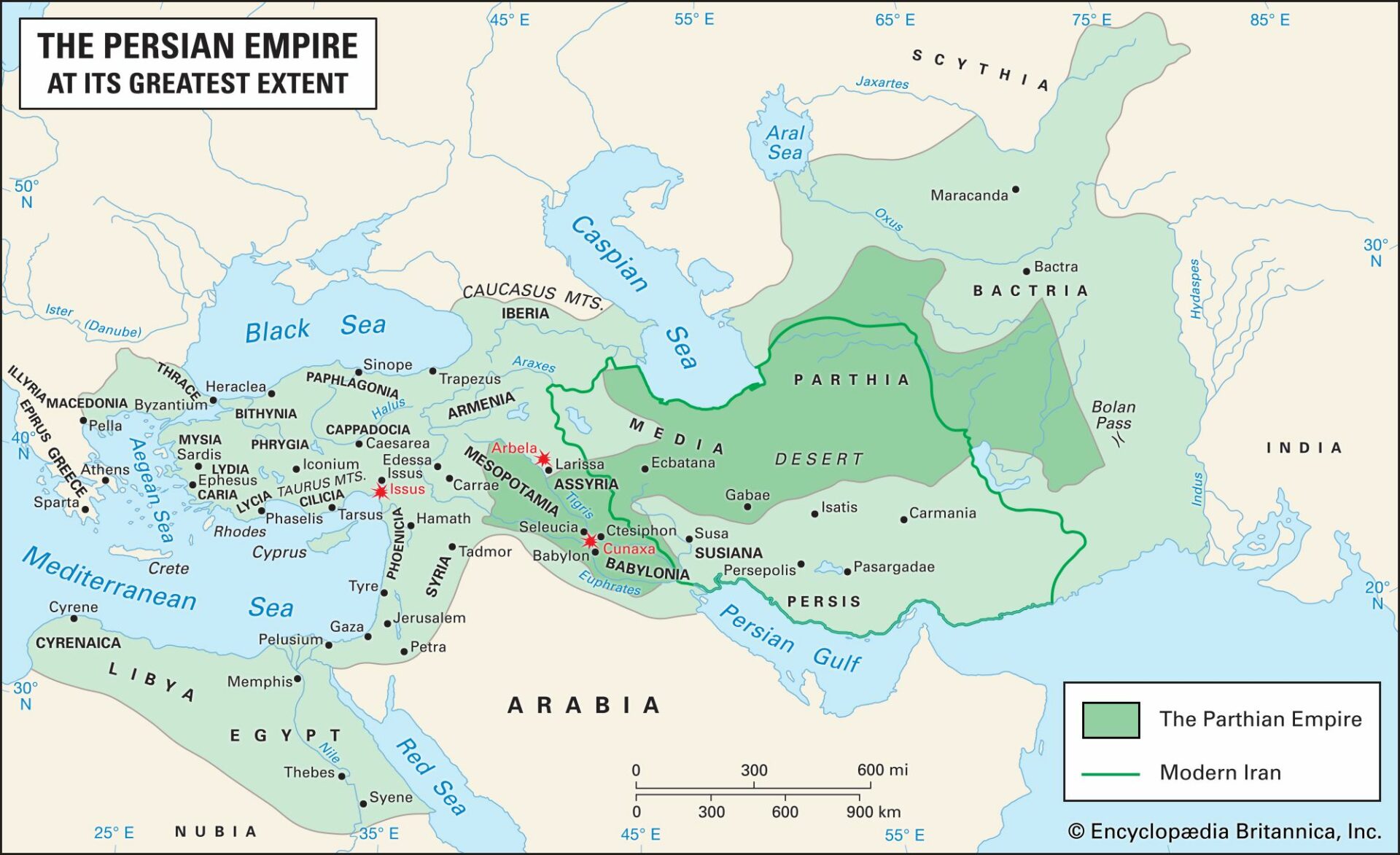In the nineteenth century Britain emerged as a parliamentary democracy. The Reform Bills of 1832 and 1867 accomplished revolutionary changes without violence. The cabinet controlled Parliament; representation was increased through the extension of suffrage and the reform of electoral districts. In the stable political atmosphere of England, the two-party system grew. Disraeli and Gladstone, leaders of Conservatives and Liberals respectively, dominated politics in this age of reform.
By the late 1800s economic difficulties and challenges abroad led to calls for protectionism. Liberals gave up their classical laissez-faire doctrines in exchange for government interference. Conservatives became committed to laissez- faire. While the Liberal parry fragmented and declined, the Labour party gained strength.
In Ireland, resistance to English dominance increased as a result of the potato famine. Piecemeal reforms did not satisfy Irish nationalists. The struggle for home rule eventually produced a bill in 1912, but it never went into effect because of the outbreak of World War I.
Between 1800 and 1930, 84 percent of the world’s land came under the control of Western nations. Economic, political, and psychological motives, including a desire for national glory, contributed to imperialism in the late nineteenth century. Strategic concerns also came into play as imperial powers sought to protect trade routes. A humanitarian impulse was evident in the desire to reform and Christianize other peoples.
Imperial powers acquired both formal and informal empires, exercising control over areas that were technically independent. The new imperialism after 1870 involved emotional and nationalist needs, but it was also tied to industrialization and cultural goals.
In the nineteenth century, the relationship that evolved between Canada and the British Parliament set the pattern for self-government in other white-settled colonies. These changes paved the way for independence without revolution. By 1914, Australia, New Zealand, and South Africa had also achieved self-government.
In Egypt, Britain gained the upper hand with control of the French-built Suez Canal, considered Britain’s lifeline to India. Britain expanded into the Sudan and acquired colonies in East and West Africa as well as in the Caribbean and Central and South America.
After 1815 Britain dominated India, which became the symbol of empire when Disraeli had Queen Victoria proclaimed empress of India. The Sepoy Rebellion (1857) allowed the British government to take control of the lands formerly administered by the English East India Company. Other areas were ruled by local princes under the control of British administrators.
In the nineteenth century France acquired a colonial empire in North Africa and Indochina. After achieving national unity, Germany and Italy entered into the scramble for colonies. Italy acquired Tripoli and lands along the Adriatic. Germany acquired colonies in East Africa, southwest Africa, and among the Pacific islands.
Westward movement in the United States had characteristics similar to imperialist expansion elsewhere. The United States pushed through to new frontiers in the Pacific, acquiring Hawaii and the Philippines. In 1900 Americans supported the policy of an Open Door in China to guarantee equal commercial access to the disintegrating Manchu Empire.
After 1854 Japan experienced rapid modernization and industrialization, accompanied by imperial ambitions. In 1895 it annexed Formosa after a war with China, and in 1905 gained control of Korea after its defeat of Russia. Many non-Europeans rejected white supremacy, and many patriots worked against imperialist ambitions.

